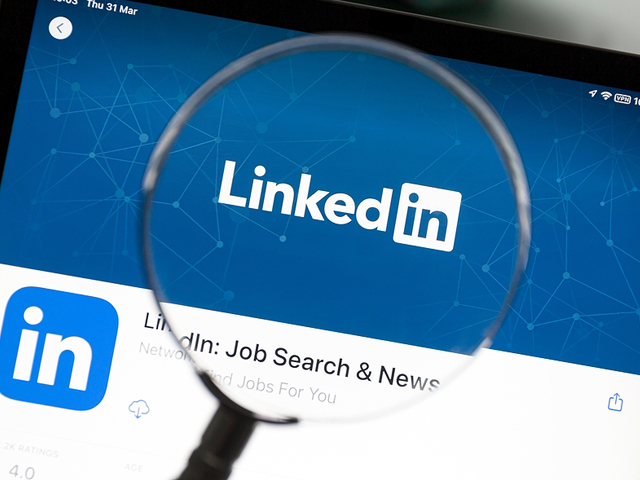
Your cover letter is the first introduction your new employer often receives. It is normal to take inspiration from your resume and summarize your skills into neat and concise paragraphs. Both items ideally are meant to highlight your accomplishments and showcase you as the perfect candidate for the job. However, it is essential not to mirror one another completely and making them sound identical is a waste of time.
Avoid making your cover letter sound like another version of your resume. Revise your approach if you find this happening. Here are some specific tips you can take to help your cover letter shine above the rest of the competition.
Focus on Key Professional Accomplishments
You never want your resume to be longer than a single page. It is essential to format things correctly to avoid having the entire thing tossed out by an exhausted hiring manager. You are not left with tons of room to dive into details-leave this for your cover letter.
Utilize your resume to highlight key features about your experience and why you are qualified for this job. Expand on your skills to show how they align with the specific job requirements of this position.
Use your cover letter to tell a story that is specifically tailored to why you are an ideal candidate for this position. You can use bullet points on your resume to highlight key features and then rely on your cover letter to deliver more details.
Research the Business ahead of time
Use your resources to do a little homework and conduct some additional research. When you have an idea of the challenges the business faces, its' needs and its culture you will be able to offer solutions and inject ideas into your cover letter.
What is your Story?
Did you know that on average, corporate job openings may receive up to 300+ resumes? If you want to set yourself above the pack, you need to bring your creativity to the table. Experiment with storytelling through your cover letter to answer these questions, "Why do I want this job? Why am I perfect for this position?"
Ask yourself why you really want this role. Is it a dream opportunity you have sought after for years? Are you applying to a place you have looked up to? Are you inspired by the company's slogan or the role they play in the community? The more you can personalize your cover letter and avoid sounding like a robot, the better off you will be. Think about what you can bring to the table and showcase your skills.
Express your passion and don't be afraid to show off some personality in your cover letter. You want to connect to the company and the role in a strategic fashion. Show that you have done your research and you are familiar with the corporate culture. Stay specific and don't ramble on. Enjoy the chance to show why you would make a great fit for the team.
Be Specific
Utilize your cover letter to elaborate on the bullet points you mentioned in your resume. Create a specific narrative to detail your experience. Use words including "managed," "negotiated," "trained," and "launched," to showcase your skills and assets. Leave out the over-used phrases like "team player," and "hard worker," as they mean nothing if you don't provide the results to back them up. Focus on business goals that you achieved before and which roles you played on teams in the past.
Cover Key Requirements
Look at the job description for clues. You want to tailor your resume and cover letter to match your qualifications and experience with what they are seeking. What kind of skills can you bring to the table? How does your previous experience make you an excellent candidate for this job?
Highlight your Transferrable Skills
Don't undersell yourself if your experience doesn't completely hit the mark. Instead, focus on your transferable skills including active listening, problem-solving, conflict resolution, leadership, and time management skills. There is a great chance that many of the responsibilities and tasks you completed in your last job can be translated to the job you are applying for.
Quantify your Achievements
Deliver the details regarding how large of a team you have managed, what kind of project and its' scale have you completed, how much money have you saved an organization, etc. Offer the details to prove that you can deliver results.
Additional things to Consider
There are always some final touches you don't want to forget when formatting your resume and cover letter. Ensure both documents complement one another with matching fonts and identical layouts. There are many free templates available online if you feel stuck or are seeking an upgrade to the standard format you have relied on up until now.
Take the time to find out the hiring manager’s name and address your cover letter accordingly. Avoid the standard "To Whom It May Concern," and opt to personalize your correspondence instead. This also proves that you took the time to do your research. If you cannot clearly determine the hiring manager's name from a website, etc., consider calling the human resources department to find the appropriate person.
Spelling and grammar are exceedingly vital regardless of which job you are applying for. Take the time to use spellcheck or Grammarly and have a family member or friend proofread for you to ensure that you are on point.
Lastly, remember that recruiters are only going to spend roughly 6 seconds reviewing the resume. Delete unnecessary words and be concise. Stick to one page for your cover letter and your resume.











